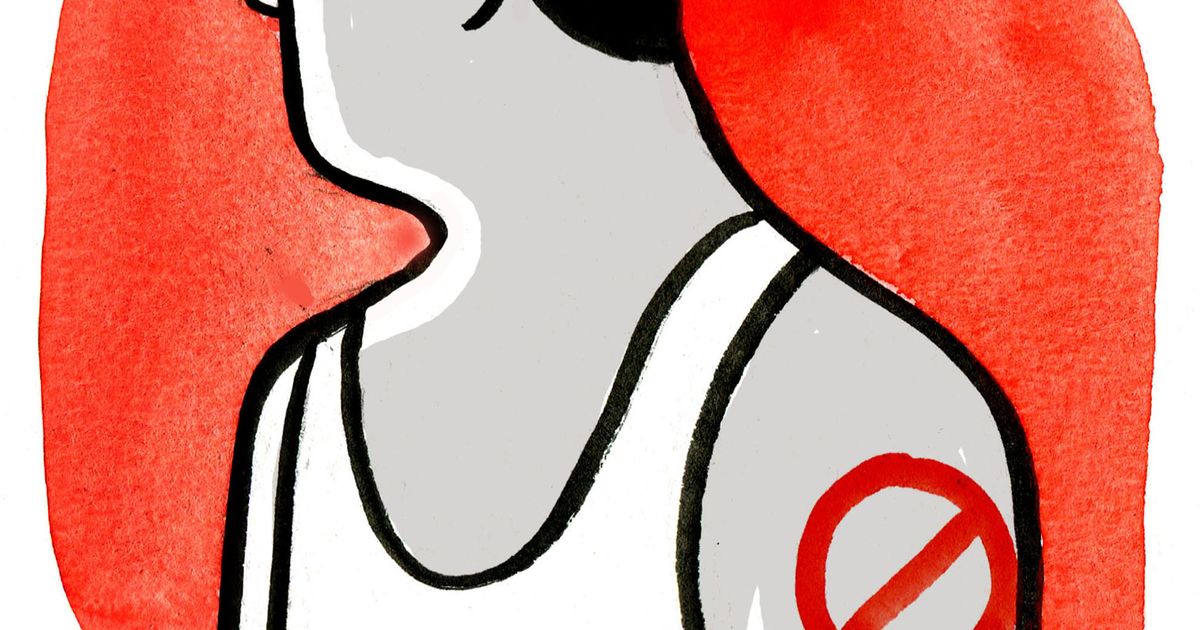Make lemonade out of conspiracy lemons?

Vaccines save lives. I know, controversial, right?
If you’re like most adults in the Seattle metro area, you already know this and are doing your part to help end the pandemic by getting vaccinated. Heck, barring a fire chief or two, even famously antivax Vashon Island quickly took advantage of the COVID-19 vaccine.
However, holdouts remain steadfast, and their intransigence continues to put us all at risk.
As the Times’ FYI Guy Gene Balk recently pointed out, about 200,000 people in King, Pierce and Snohomish Counties are still dragging their feet on vaccines more than a year after they first became available. Out of that group, more than 50% say they will definitely not be vaccinated.
At this point, this is not about a lack of information or direct experience.
Early in the pandemic, as health officials were scrambling to keep people safe and advocating for shutdowns, few of us knew someone who had COVID, let alone anyone who had died. Now, we are lucky if we or a loved one hasn’t been touched by the disease.
The wildly contagious omicron variant has made breakthrough cases among the vaccinated common, but vaccines are still the best line of defense.
Unvaccinated 12- to 34-year-olds are five times more likely to be hospitalized with COVID, while unvaccinated 35- to 64-year-olds are eight times more likely, according to the Washington State Department of Health. If you’re 65 or older, you are 13 times more likely to die from COVID if you’re unvaccinated.
Now, if you like those odds, first let me thank you for keeping the Washington state lottery system afloat. But secondly, let me implore you to reconsider.
This is not about personal cost; this is about a choice that has consequences to public health and which can interfere with care. Amid the rise in COVID cases, Washington hospitals are again suspending non-urgent procedures and surgeries, which can feel like a slap in the face for someone whose “non-urgent” needs are postponed over the irresponsibility of others.
So far, mandates have been a mixed bag. While Gov. Jay Inslee sensibly ordered state workers to be vaccinated, federal mandates seem to be a bust. The U.S. Supreme Court recently ruled against the Biden administration’s efforts to require large private employers to enforce a vaccine-or-test policy.
To paraphrase Burt Bacharach, it’s now clear that wishin’ and a-hopin’ and thinkin’ and a-prayin’ won’t get shots into people’s arms. So, what can be done?
A potential idea emerged recently from the conspiracy hinterlands, after rumors circulated that Washington was building “internment camps” for the unvaccinated. Thanks to social media, fringe candidates and some conservative pundits, a routine item on the state Board of Health agenda dealing with language changes referring to HIV went from innocuous to dystopian. Protests and death threats followed.
This plays to the fact that some on the right are always eager to point out when fascism is on the other foot. Witness U.S. Sen. Ted Cruz, R-Texas, and his hand-rubbing glee at “WA Government” banning dancing at private New Year’s Eve parties. Cruz ended up deleting a tweet about “power-drunk blue-state dems” when he found out “WA” stood for Western Australia. Oh, well.
Still, under that mindset, it’s only a hop and a skip from banning dancing — or, say, making it a crime to lie about election results — to rounding up the unvaxxed citizenry.
That’s great — and maybe it’s the pandemic getting to me or heat stroke from the scorched earth approach to discourse — but could there be a way to make lemonade out of these conspiracy lemons?
Think of it: No one gets detained, but you sell it as a select group of like-minded individuals given free (public) transportation to a designated area repurposed for a self-sustaining collective. Call it the Vashon Island Freedom Farm, give away “Where’s the VIFF?” T-shirts, and you’re halfway there.
That’s a joke, of course, but as the pandemic lingers and we run out of patience and ICU beds, I’m more and more open to some out-of-the-box thinking.


